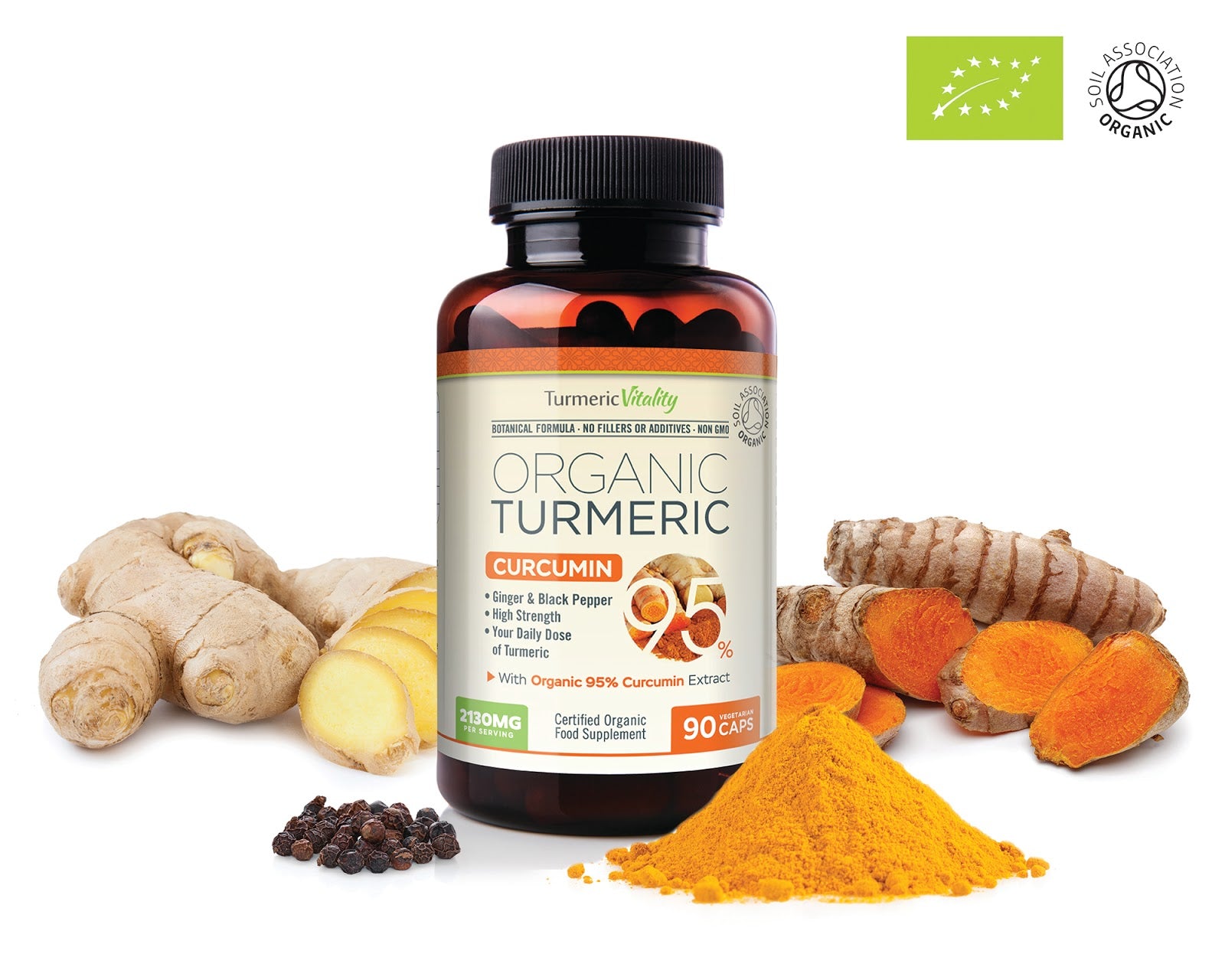1. Gut Health
The word “microbiome” is derived from “micro” meaning “small” and “biome” which indicates a habitat of living things.
Yet the microbiome is not small by any means. Of the 100 trillion microbial cells in the human biome, the large majority of them reside in the gut.
It is sometimes difficult to think of the microbiome as an “entity.” After all, it is not the same as an organ or tissue because the microbiome does not have a specific location. Furthermore, this far-reaching system has many roles and is tied to many different physiological functions.
The gut microbiome impacts nearly every function in the human body. Most diseases can be traced back to the origin in the gut and the health of the microbiome.
Poor gut health can lead to inflammatory disorders like ulcerative colitis, autoimmune disorders, and even heart disease, arthritis and cancer. A healthy gut microbiome dictates your overall state of health and even your longevity.
In order to have a normal immune system, one must have a healthy gastrointestinal microbiome. Disruptions in the microbiome, particularly in childhood, have been linked with the development of multiple inflammatory conditions. In particular, disrupted gut microbiota has been linked with many allergic diseases, including eczema and asthma.
The human microbiome is constantly changing. It adapts to the ever-changing environment, which is largely controlled by the foods we eat.
Sleep quality and duration, stress levels and even daily exposures to external bacteria all drive changes in the microbiome. At any given time, the microbiome can be in a relatively optimal or relatively poor state of health.
People can exert a large amount of control over their own microbiomes by making smart lifestyle and dietary choices like eating fresh vegetables.
The widespread use of antibiotics has had a tremendous impact on the human microbiome. In an effort to kill pathogens and save lives, antibiotic use has had the unintended effect of killing beneficial human-associated microbesthat perform a plethora of important functions.
Antibiotics alter the human capacity to process food in the gut and our ability to resist infection. People who have a long history of antibiotic use tend to have more difficulty achieving a healthy, balanced gut microbiome.
Cells called enterocytes in the gastrointestinal tract must function properly to protect us and sulforaphane improves the function of these cells. People who have severe stomach inflammation or ulcers often have an overgrowth of a bacteria called Helicobacter pylori, but sulforaphane has been shown to destroy H. pylori therefore greatly reducing inflammation in the gut.
Researchers are studying various aspects of gut health, and there is some indication that broccoli sprouts may improve constipation. A study was conducted comparing broccoli and alfalfa sprouts (which have no sulforaphane). While the alfalfa had no effect, eating broccoli sprouts over four weeks did improve symptoms.
If you’ve read “treat the gut first,” this is because the gut houses most of the body immune system. Therefore gut health influences the health of other body systems and processes.
If your gut is not healthy, your body does not properly absorb nutrients, which can cause other issues downstream.





